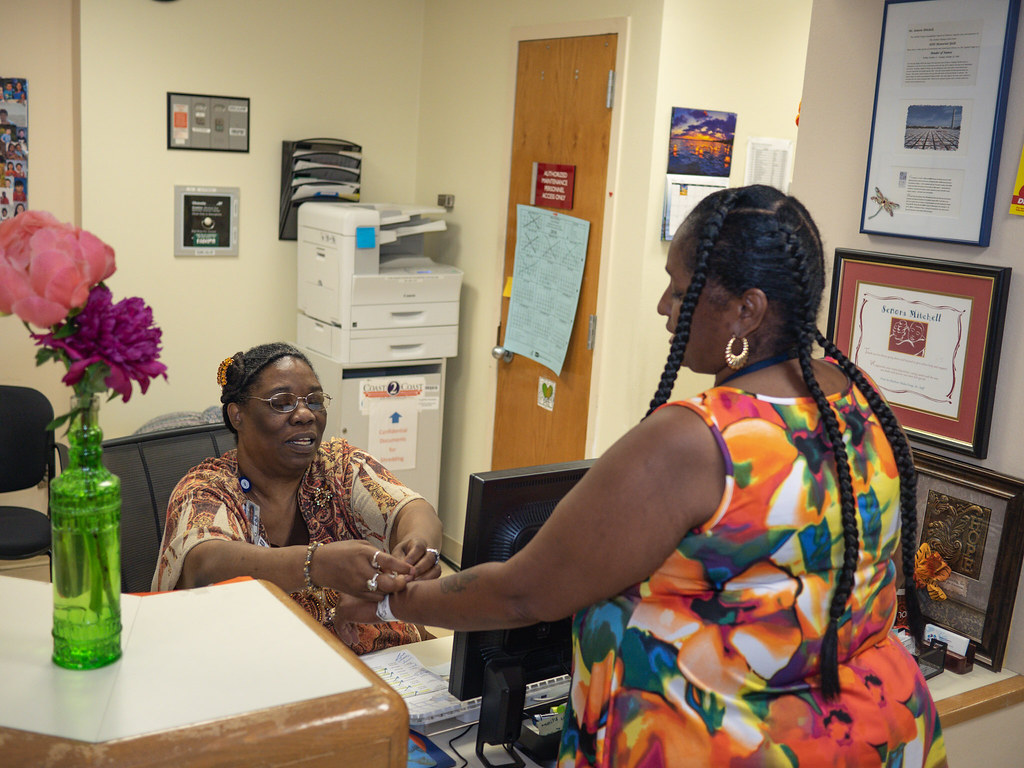CALL NOW CLOSED We’ve had some amazing ideas for our Health issue which will be published in March 2021. We’re currently considering them.
Global efforts to improve the health of women largely focus on improving sexual and reproductive health and rights, with targets for action. Yet there’s currently a global backlash against women’s rights, particularly affecting women in resource-poor contexts. The impact is death, violence and trauma for women whose lives and bodies have become a battleground. Feminists are fighting to hold onto these rights and we’re interested in publishing their experiences in this issue!
At this time of global COVID-19 pandemic, women’s health is affected by patriarchal systems which intersect with other global and local systems of power to limit and deny rights. Around 2 billion people live in contexts that are fragile, conflict-affected and shock prone currently, and this is increasing. Migrant populations, displaced people and refugees face particular barriers to health-care. Urban informal settlements (slums) are another type of fast- growing and changing context.
Changing health patterns and burdens affecting women, girls, and others in diverse ways require analysis, action and planning from a feminist perspective. We need to better understand mental health and distress and their implications for women’s health. Globally, non-communicable diseases (NCDs), are currently responsible for the greatest burden of death and disability among women. Most notable are cardiovascular diseases, cancers, respiratory diseases, diabetes, dementia, depression and musculoskeletal disorders. Resources need to be allocated for these.
Gender analysis of women’s health also includes focusing on gendered roles among women as carers for their own health and that of their families and communities. Women’s unpaid and low-paid contributions to healthcare – while essential – receive little recognition and low (if any) reward. Research into communicable (including epidemics and pandemics) and neglected tropical diseases reveals the need for public health planners and responders to understand the gendered dynamics of disease transmission, and points out the need for participatory approaches working with women as expert knowers to prevent and contain the spread of diseases. There is also need to better understand the gendered impacts of the current pandemic.
There’s the obvious link, too, between women’s health needs and their lack of participation and representation in health research, policy and practice. Feminist activists are working both inside and outside international development and humanitarian sectors to challenge the continuing marginalisation of women’s insights and views from health research, policy-making, and the higher levels of medicine.
The issue of provision of health care has gender dimensions as countries struggle to expand provision of state care and communities seek alternatives: ranging from online health advice and treatment including purchasing unregulated medicines, to private clinics operated by providers with particular agendas (including religious agendas that can work against women’s reproductive health rights), to a continued reliance on traditional forms of medicine, with alternative solutions to disease and often a different understanding of health and ill-health. Tracing these different pathways in health seeking behaviour is important, as is exploring the different access to diverse forms of treatment depending on gender intersecting with other aspects of identity including class, race, sexuality, dis/ability and citizenship status.
Are you a health activist, researcher, policymaker or practitioner? Are you inspired to share your experience in this issue? We’d love to hear from you. Guest co-editors for the issue are: Janice Cooper, Carter Center, Liberia; Renu Khanna, SAHAJ-Society for Health Alternatives, India; Sally Theobald, Liverpool School of Hygiene and Tropical Medicine, UK.
Please read and share the full Call and remember, if you want to send us your idea, the deadline is EXTENDED to 24th April 2020.
“Clinical Trial Volunteer Receives Wrist Band Identifier” by NIAID is licensed under CC BY 2.0

